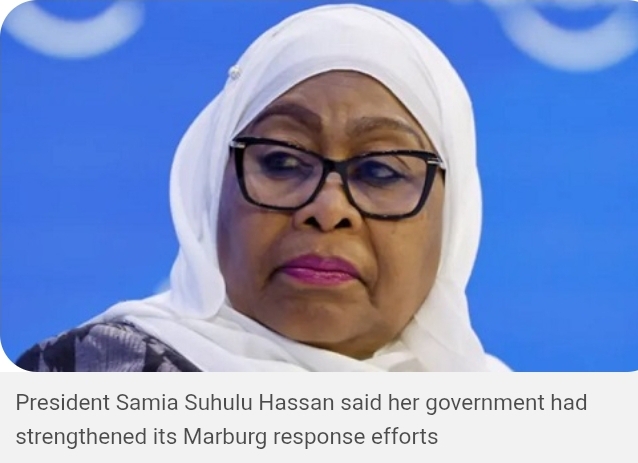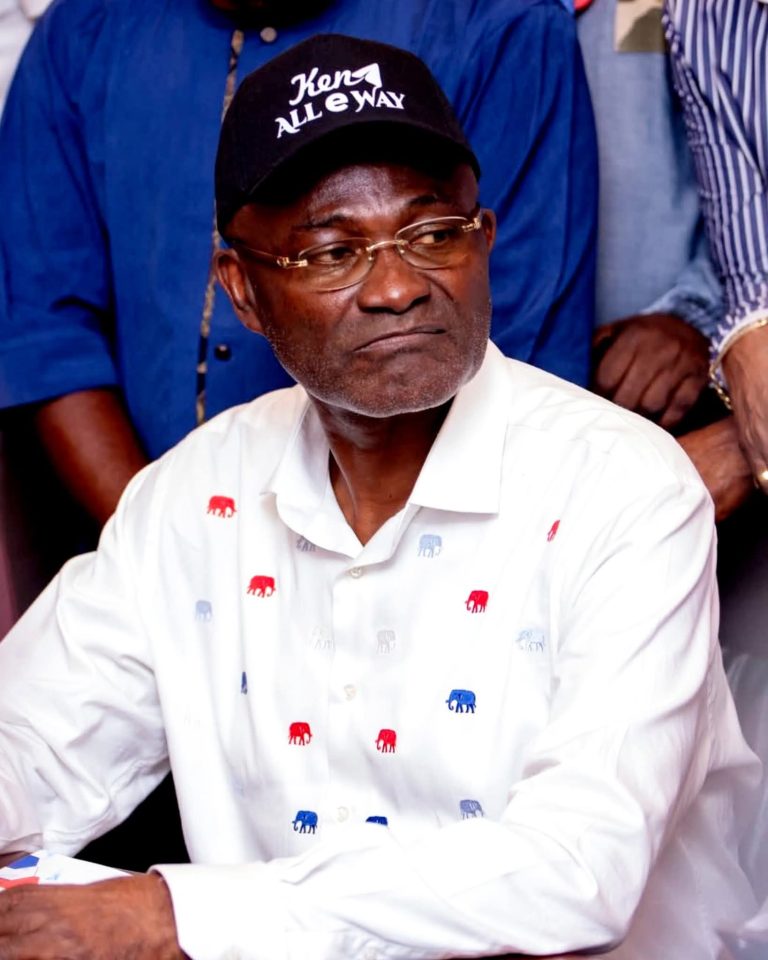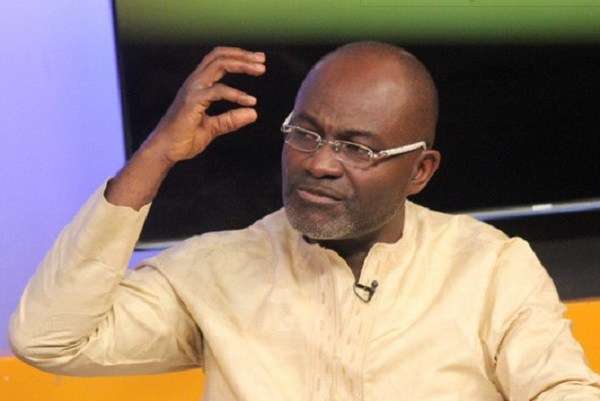Washington, D.C. – In a significant move reflecting ongoing tensions within the U.S. House of Representatives, Speaker Mike Johnson has ordered the removal of Congressman Al Green (D-TX) from his committee assignments. The decision has sparked considerable debate and raised questions regarding congressional decorum and partisan politics.
Speaker Johnson announced the decision during a press briefing, citing concerns over Green’s recent remarks, which he deemed inflammatory and detrimental to the collaborative atmosphere needed within Congress. “In order to maintain the integrity and civility of our committee work, we must address conduct that undermines these principles. We cannot allow divisive rhetoric to dictate our legislative agenda,” Johnson stated.
Al Green, a vocal advocate for civil rights and social justice issues, has been a prominent figure in the push for accountability on racial equality and police reform. His removal comes after a series of contentious debates regarding legislation focused on these critical issues, which have polarized members across the aisle.
In response to his removal, Congressman Green expressed outrage, labeling the action as politically motivated and an attempt to silence voices advocating for marginalized communities. “This is not just about me; it is about the right of all representatives to speak for their constituents and engage in meaningful dialogue about the challenges we face as a nation,” Green said in a statement.
Democratic leaders have rallied behind Green, condemning the Speaker’s decision as a strike against democratic values and free speech. House Minority Leader Hakeem Jeffries remarked, “This is an affront to the very essence of our democracy. Attempting to purge dissenting voices from committees is not how we move forward as a nation.”
The incident highlights the increasingly fractious nature of congressional politics, particularly as both parties gear up for the upcoming elections. Many analysts believe that such moves may exacerbate divisions within Congress and among constituents, complicating efforts to reach bipartisan agreements on critical issues facing the country.
As discussions continue surrounding Green’s removal, it remains to be seen how this will impact upcoming committee work and overarching legislative priorities. Observers are closely monitoring whether the incident will lead to further escalations or provoke calls for more comprehensive reforms regarding committee assignments and member conduct.
For continued coverage on this developing story and insights into its implications for Congress and public policy, stay tuned.











